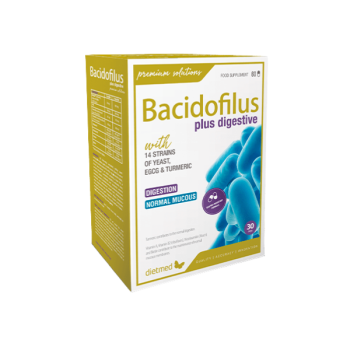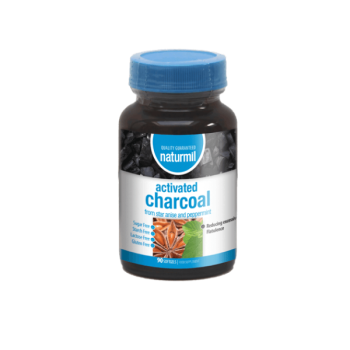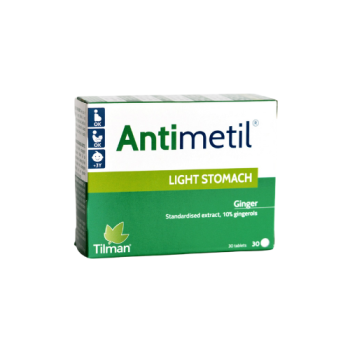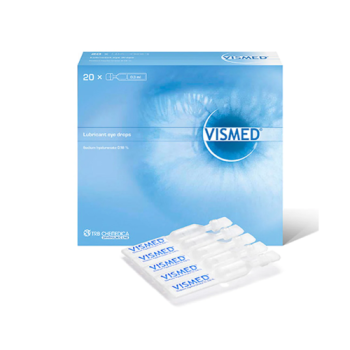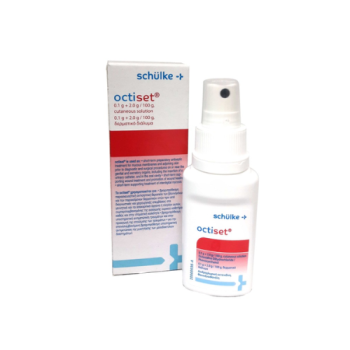Packing for vacations – this is a truly long-awaited activity for many people! After working hard, we are finally going to enjoy the holidays!
To ensure we are prepared for any health-related issues that might arise, please pay extra attention to your travel medical kit. We have compiled a list of items you should consider when preparing your suitcase.
- Always begin by packing the medications you take regularly (if applicable), ensuring you have an adequate supply for the duration of your vacation. Keeping your medication in your carry-on luggage is a wise choice for multiple reasons: you’ll have easy access in the event of flight delays or lost baggage, and the medications won’t be exposed to temperature fluctuations in the cargo hold
- If you wear glasses or contact lenses, it’s always a good idea to carry spares in case of unforeseen circumstances. And do not forget a travel-size bottle of contact lens solution.
- Upset tummy (diarrhea, constipation, and indigestion) is not at all uncommon when we travel. Ensure that you have OTC medications that treat these conditions. If you know that your gastrointestinal system is often affected during travel, consider starting taking probiotics about a week before your trip, and keep taking them until you come back. Friendly bacteria, contained in probiotics, help to maintain microbial balance and combat unnecessary harmful bacteria.
- An unexpected allergy can disrupt your vacation. Unusual foods, excessive sun exposure, and other factors can trigger allergic reactions. Carrying an over-the-counter antihistamine will ensure you’re prepared.
- Lubricant eye drops can be a lifesaver! They offer relief for dry and irritated eyes due to various factors such as dry air in airports and airplanes, exposure to wind, dust, and unexpected allergens at your travel destination, as well as in emergency situations like sudden irritation or accidental contact with foreign objects like insects. Opt for eye drops in single-use vials; they do not contain preservatives, are easier to use, carry, and monitor for their shelf life.
- A mild steroid cream (consult with your pharmacist on the best option) is a very useful medication – keep it handy in case of skin irritations and insect bites.
- Travel nausea medication is essential if your planned activities include a boat trip or if you know you are generally prone to travel-induced nausea.
- Traveling usually involves lots of walking, make sure you have plasters and/or blister patches, which will spare you lots of discomfort!
- Accidents can happen while traveling, and you might sustain minor cuts, scrapes, or wounds. An antiseptic wound cleaner helps clean the affected area, reducing the risk of infection. This is an absolute must if you travel with children!
- A hand sanitizer or antibacterial hand wipes is necessary, as access to soap and water may be limited, especially when you’re on the go.
- Last but not the least: always have your usual pain and fever medicine!
Depending on your medical history, the type of the vacation and planned activities, you might also consider adding these items to you list:
- Mild sedative or sleep aid
- An insect repellent
- A sunscreen and an after-sun
- Ear-plugs for swimming and/or sleeping
- Travelers’ diarrhea antibiotic and antimalarial medication (which you can obtain with a prescription from you doctor), especially when traveling to exotic locations
- An anti-fungal cream
- Foot and shoe powder to prevent smelly feet and shoes
Pack smart, don’t forget your travel documents and have an unforgettable vacation!

